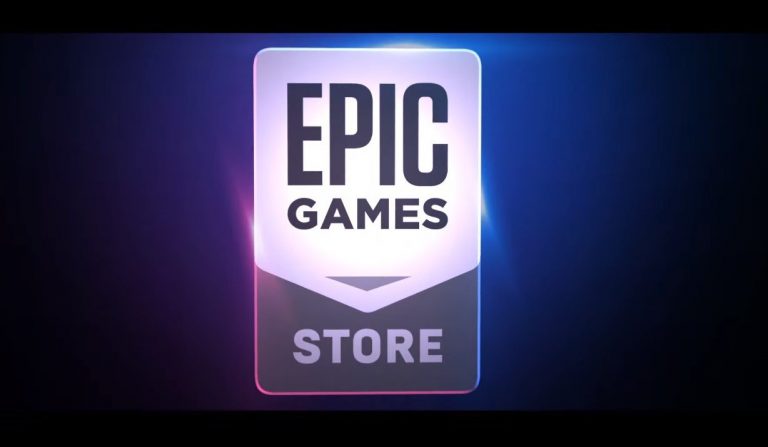The 30% argument is a bit long in the tooth, and Judge Yvonne Gonzalez Rogers slapped down the argument from Epic Games in the virtual court hearing where Apple and Epic collided yet again has neither walk away with solid results or seemingly even an advantage.
This argument is ultimately what Epic Games Store became founded upon while painting the Steam platform as some maniacal industry leader that is stealing funds from hard-working indie developers. This isn’t true, and wildly misconstrues the game industry for the younger generation that may take the Fortnite developer, and everything that they say, at face value.
First and foremost, the industry-standard is 30% across the board. Apple, Android, Xbox, PlayStation, Nintendo, Steam; you think of it, it’s 30%. Queue everyone frantically searching for an esoteric platform that didn’t have 30%.
Even physical media stores all take 30% of profit to continue to run; else there simply wouldn’t be anywhere to purchase titles from. This fee isn’t, as Epic has argued, ‘excessive’. It’s the standard, because without it there would be no way for the fronts to add value to their titles.
This is ultimately what is the crux of the distaste that many have for Epic Games, although it’s difficult to verbalize due to its more esoteric nature.
That 30% goes into adding additional value for users; it’s also, many argue, why the Epic Games Store has so few features that many have come to expect in public-facing shopfronts.
Steam, PlayStation, Xbox: all of these juggernauts of gaming have added immense value to whomever is playing them. From Xbox’s feature that allows the console to act as a media center to PlayStation’s fascinating list of funded JRPG translations, to Steam’s impeccable platform service that offers everything from voice chat to forums.
These platform services increase the value of titles that are hosted on those platforms, and without many of them some users become irate; take Borderlands 3 purchasers on Epic Games Store heading over to Borderlands 2 forums on Steam to figure out how to avoid bugs and crashes. Valve locked down on this as its a functionality that they’ve invested in to ensure that users who choose that platform can use a wide range of accouterments that other platforms do not.
Even the Nintendo Switch, with its struggles to offer a solid multiplayer experience on every console, uses 30% to increase the value of titles (and visibility).
This is how the industry has worked for a long time and likely will continue to barring some obscene ruling from Epic’s slap-fight with Apple. That 30% doesn’t go directly into some fat-cat’s pocket, it pays for server space and platform development that allows users to continue to find and interact with your title, which, unless we’re mistaken here, is kind of the point of development in the first place.
